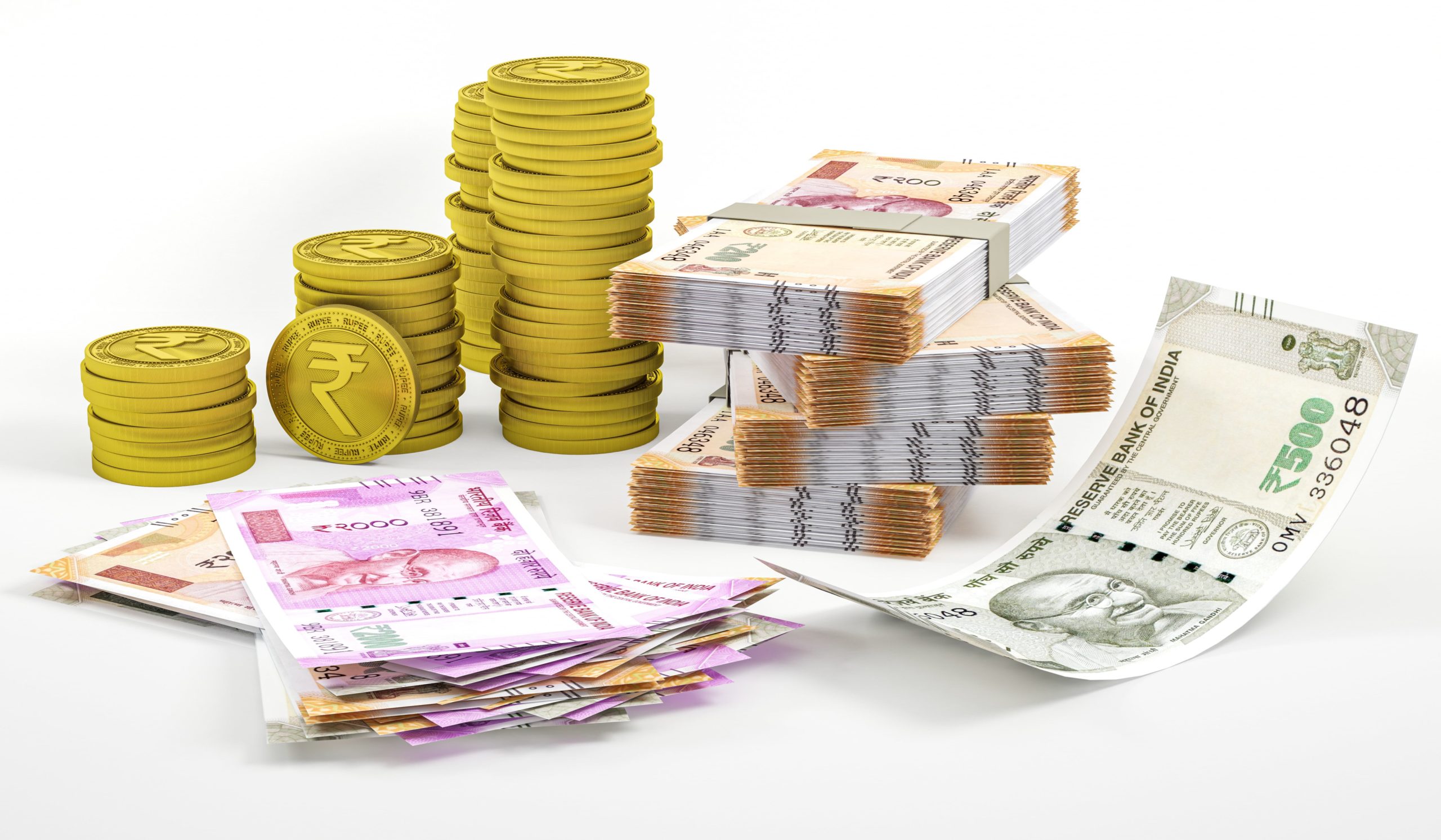MCX trading account
An MCX trading account is a type of account that allows you to trade a variety of commodities on the MCX. MCX stands for Multi Commodity Exchange of India Limited. It is a first-of-its-kind commodity derivatives exchange platform in India that facilitates digital trading of commodity derivatives transactions. It functions similar to BSE trading and the National Stock Exchange (NSE), where companies’ stocks are traded. You can trade everything from agricultural products like cotton, coffee to precious metals like gold, silver, and others. The MCX trading platform offers secure and reliable trade operations while adhering to regulatory guidelines.
Why You Should Have an MCX Account.
• Hassle-free investing in different commodities
• Enables seamless and secure transaction
• Access in-depth reports, fundamental for due diligence
Benefits of MCX Trading
Direct Approach: The organized and transparent approach of MCX makes it easy to invest and trade.
Wide Scope of Opportunities: You can choose from the contract options of different month durations that provide the much-needed diversification and liquidity.
MCX Demat Account: An MCX Demat account allows you to invest in various commodities in the stock market.

How currency trading works
- Pairs:
In currency markets trade is carried out in pairs, unlike other markets where trading happens only in single items like security, stock, or commodity. This means that for each transaction, one must buy one currency and sell the other. - PIP:
The smallest change in the valuation of a currency pair is called a PIP, which or Percentage In Point or Price Interest Point. Pips are used to determine gains or losses upon the trading of a currency pair. - Future derivatives:
Currency derivatives such as futures contracts, forex spots, and forwards are popular Forex trading elements in India.
The date, quantity, and price at which currencies will be traded in the future are all specified in futures contracts.How commodity trading works
There are four categories under commodities trading- energy, agricultural goods, metals, and bullion. Price fluctuations of these commodities are highly dependent on the market developments and the availability of oil from the biggest oil-producing countries. While engaging in commodity trading, investors should closely monitor OPEC, alternative energy, and economic risks. - Futures contract
Futures contracts are the most widely used method for investing in commodities. Traders agree to buy or sell a specific commodity at a specific price on a future date under this agreement. Futures contracts allow traders to trade without paying the whole price of a commodity, but only a portion of it.

